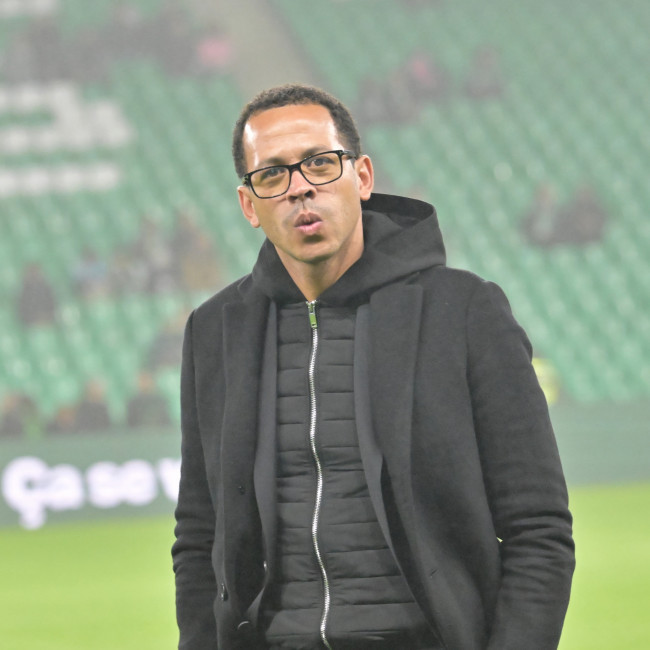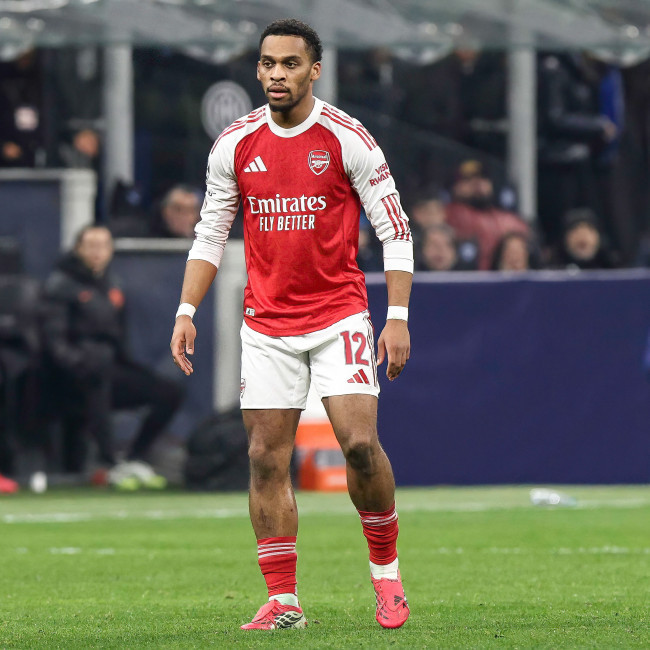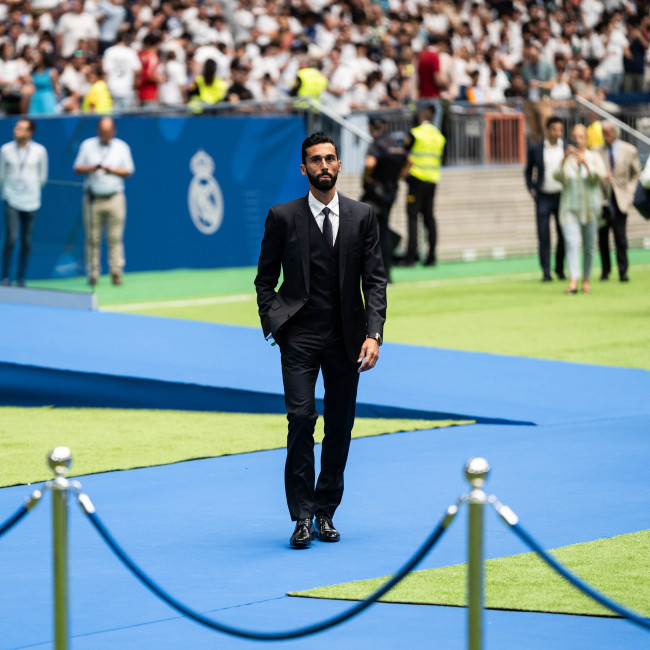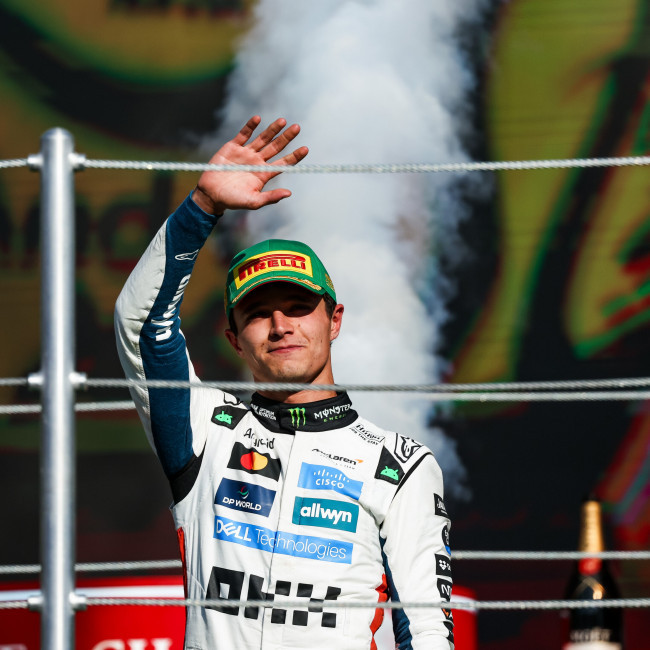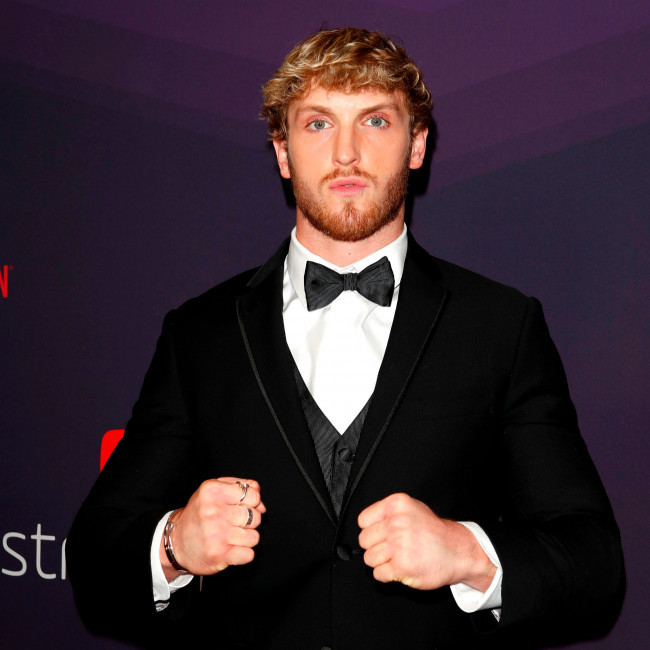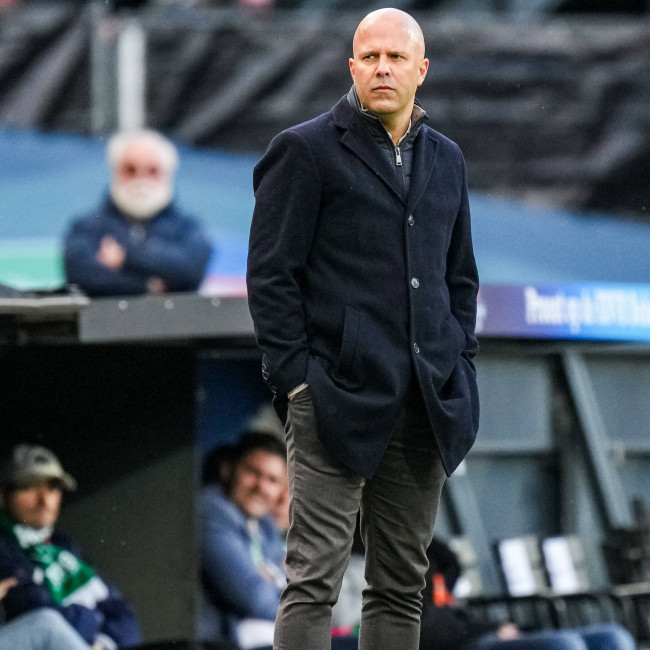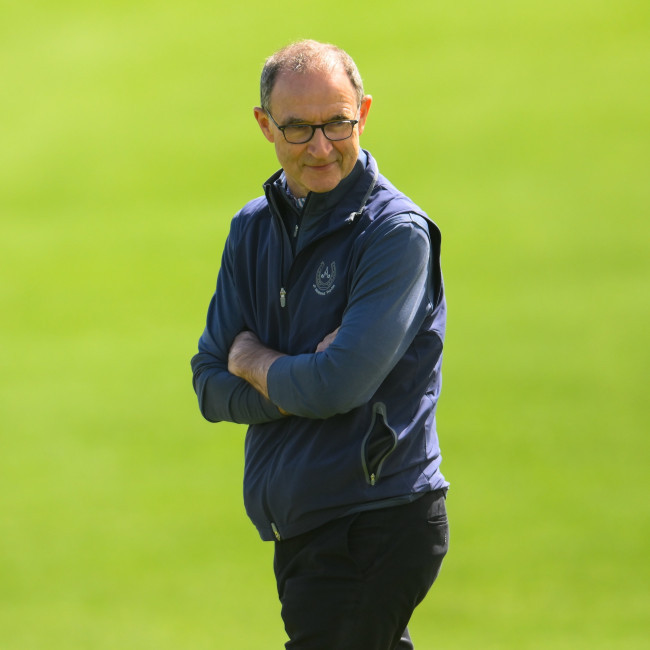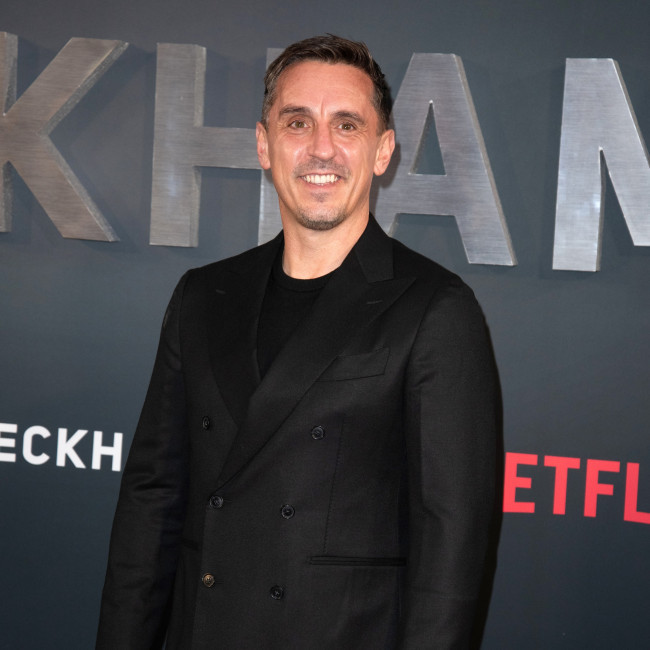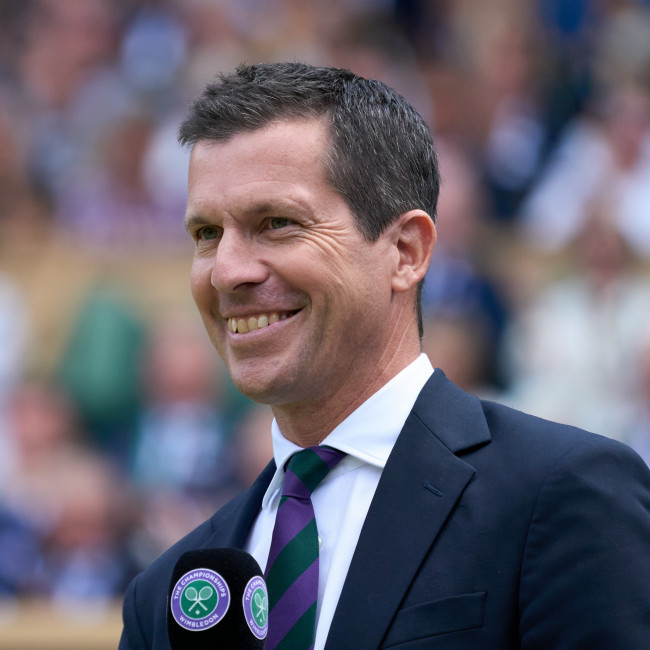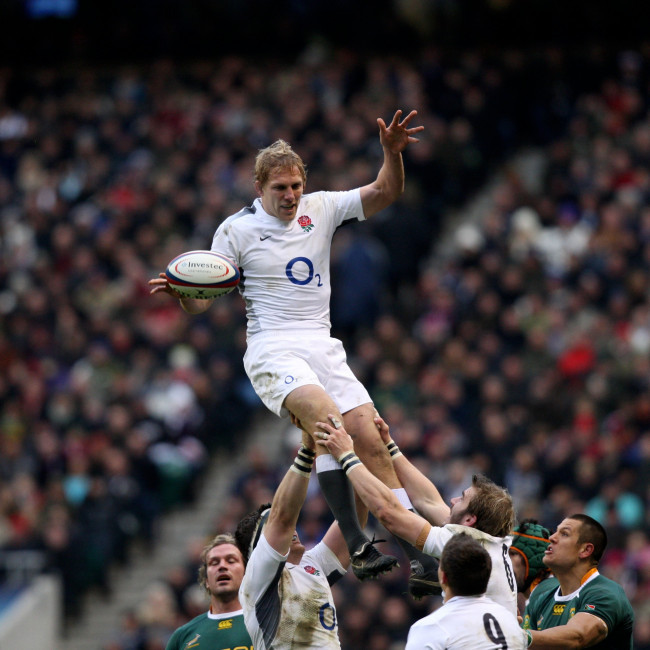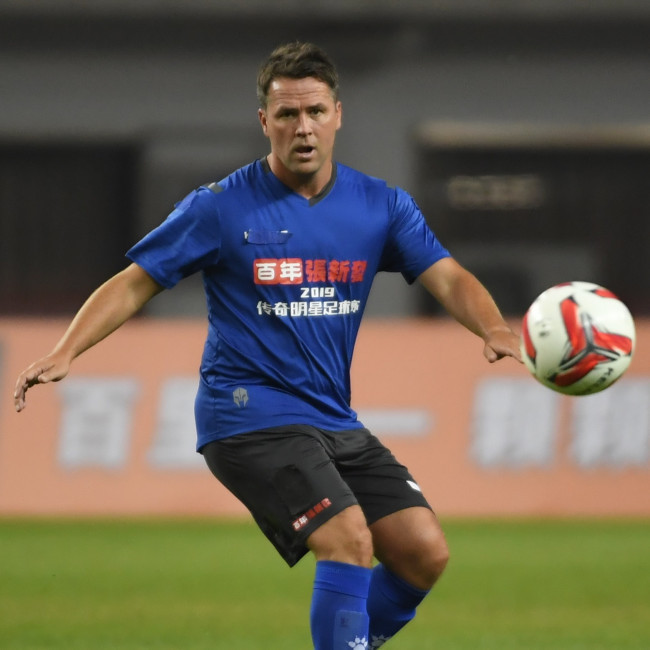
2025-09-03 16:04:37
Michael Owen’s idea that football teams should abandon defensive walls at long-range free-kicks appeared to be undermined almost immediately when Reading conceded from such a situation against Swindon Town.
The former England striker, 45, suggested walls are unnecessary for set pieces taken from over 30 yards.
He argued removing them would allow goalkeepers to stand centrally and cover both sides of the goal more effectively.
Owen made the claim in the aftermath of Liverpool’s Premier League victory over Arsenal on Sunday (31.08.25), when Dominik Szoboszlai struck a 32-yard free-kick beyond David Raya and into the net off the post.
Owen said: “Without a wall, the goalkeeper would be able to stand in the middle of the goal and cover both sides of the goal.”
He added attacking players prefer walls to be in place.
Owen said: “Free-kick takers want a wall as it gives them a point of reference and can unsight the goalkeeper.”
Just days later, Reading appeared to test his theory during their Football League Trophy match against Swindon Town.
With the score still level in the 47th minute, the Royals chose not to form a wall as Will Wright lined up a free-kick.
The Swindon defender’s shot went directly into the net, leaving Reading goalkeeper stranded and supporters quick to react online.
One fan posted: “Puts that theory to bed… .”
Another wrote: “Reading really listened to Michael Owen ffs.”
A third added: “Well that rubbishes what Owen had to say.”
There was some debate over the nature of the goal, however.
Supporters pointed out Wright’s strike had taken a deflection off a Reading defender, potentially altering its trajectory.
One response read: “Took a deflection tbf.”
Another argued: “Literally proving Owen right… it was deflected in.”
Owen’s reputation in football was built on a prolific playing career.
He made 297 appearances for Liverpool between 1996 and 2004, scoring 158 goals, before moving to Real Madrid and later Manchester United.
Owen earned 89 caps for England, scoring 40 times, and in 2001 became only the fourth English player to win the Ballon d’Or, following Stanley Matthews, Bobby Charlton and Kevin Keegan.
Visit Bang Premier (main website)

